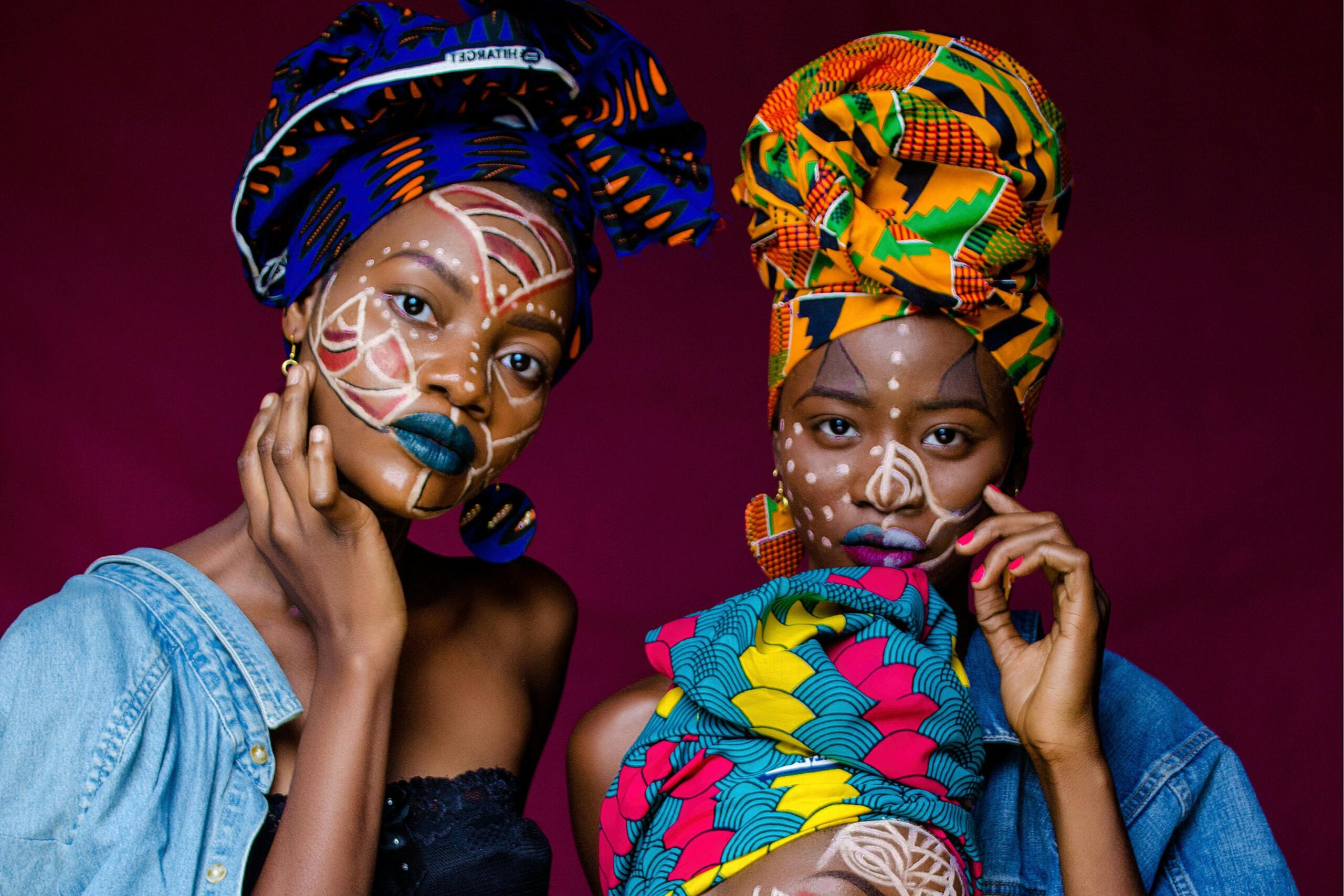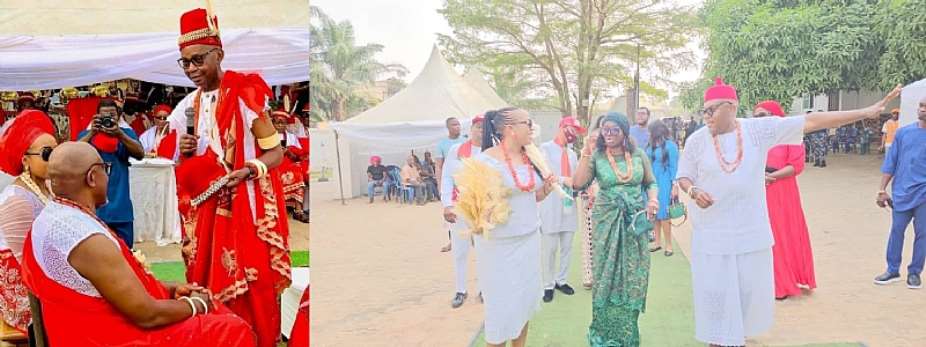The Igbo people of Nigeria, renowned for their rich cultural heritage and entrepreneurial spirit, are experiencing a dynamic renaissance in the appreciation and preservation of their traditions. As globalization continues to reshape societies worldwide, the Igbo community is innovating new ways to celebrate and sustain its unique cultural identity while integrating modern influences.
The Resurgence of Traditional Festivals
One of the hallmarks of this cultural revival is the renewed enthusiasm for traditional festivals and ceremonies. The New Yam Festival (Iri Ji), for instance, remains a cornerstone of Igbo tradition, marking the end of the farming season and the beginning of the harvest. Beyond celebrating agricultural abundance, these festivals serve as vibrant cultural classrooms where younger generations engage with Igbo customs, music, dance, and attire. By actively participating in these events, the youth reconnect with their heritage, ensuring that these customs endure through time.
Preserving the Igbo Language
Language is the soul of any culture, and the Igbo language is no exception. Like many indigenous languages, Igbo faces the threat of decline due to the dominance of English and other global languages. However, various initiatives are addressing this challenge. Schools are increasingly incorporating Igbo language classes, and digital platforms—such as mobile apps, YouTube tutorials, and online courses—are making the language more accessible and engaging. These efforts not only keep the language alive but also encourage its daily use among younger generations and the diaspora.
Blending Tradition with Modernity
Cultural preservation is not solely about looking to the past; it is about evolving with the times. The Igbo people are striking a delicate balance between tradition and modernity, ensuring their cultural identity remains relevant. Technology plays a crucial role in this evolution. Social media platforms, blogs, and YouTube channels dedicated to Igbo culture are thriving, offering educational content, storytelling, and discussions that bridge the gap between traditional practices and contemporary lifestyles. These digital spaces foster global connections, allowing the Igbo diaspora and culture enthusiasts to engage, learn, and contribute to the cultural discourse.
The Rise of Igbo Art and Fashion
Art and fashion are significant pillars in the cultural resurgence. Igbo artists are gaining international acclaim for works that explore both historical themes and modern societal issues. Fashion designers are blending traditional Igbo motifs, fabrics, and techniques with contemporary styles, creating unique and culturally expressive designs. This fusion not only showcases Igbo aesthetics on a global stage but also fosters a renewed sense of pride and cultural appreciation among Igbo people, particularly the younger generation.
Culinary Heritage: A Taste of Igbo Identity
Food is a powerful cultural marker, and Igbo cuisine is experiencing a revival both within Nigeria and across the globe. Restaurants specializing in traditional Igbo dishes, as well as food festivals, are growing in popularity. These culinary events offer an opportunity for both Igbo people and others to experience the rich flavors and intricate cooking methods that define Igbo gastronomy. By promoting indigenous recipes and food traditions, the community ensures that this essential aspect of their heritage remains vibrant and widely recognized.
The Role of Cultural Organizations
Community organizations and cultural associations are at the forefront of these revival efforts. Through workshops, lectures, and cultural events, they are actively engaging people of all ages in learning about and practicing Igbo traditions. These organizations serve as custodians of cultural knowledge, ensuring that Igbo customs are passed down through generations. Their efforts help foster a strong sense of identity, continuity, and belonging within the community.
Looking Forward: A Thriving Cultural Future
The revitalization of Igbo culture is an inspiring testament to the resilience and ingenuity of the Igbo people. By celebrating and modernizing their traditions, they are not just preserving their heritage—they are strengthening it for future generations. With every festival, language lesson, artistic creation, and culinary experience, the Igbo culture continues to thrive, proving that tradition and modernity can coexist harmoniously. As the Igbo community navigates the complexities of a globalized world, their commitment to cultural preservation ensures that their rich heritage remains an integral part of their identity and a beacon for generations to come.


